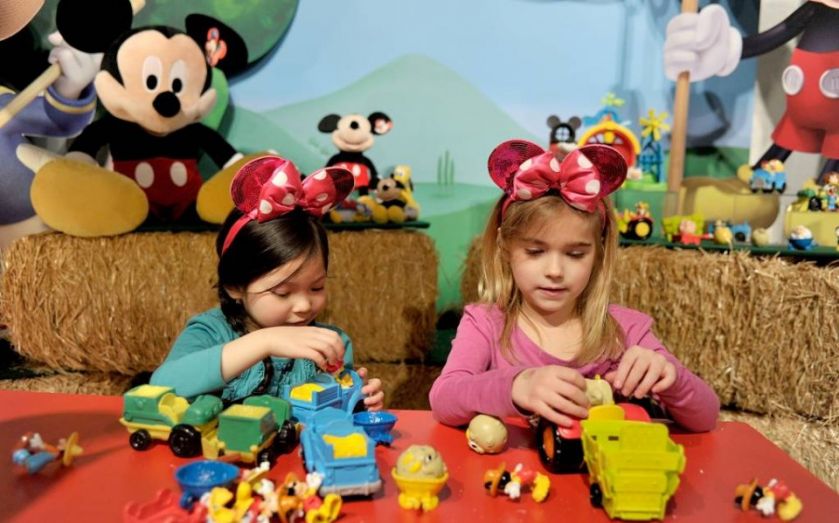Middle-class kids are selfish, and it’s bad for their health

Richer children tend to be more selfish than their poorer counterparts – and this could be hurting their health.
A new scientific study has found that children as young as four could reap health benefits from being more altruistic. But this behaviour is “less common among kids from high-income families”, the research, published in Psychological Science, found.
Researchers collected heart rate and other data from 74 children, enabling them to determine levels of physiological stress.
The children were given the chance to donate prize tokens to fictitious sick children. Those that did demonstrated more signs of feeling calm and content than those that didn't.
The researchers also found that those who came from families with average incomes of $75,000-$90,000 (£48,000-£58,000) shared fewer tokens.
Psychological scientist and lead researcher Jonas Miller of the University of California Davis said the data “provide us with a new understanding of how children’s altruistic behaviours, family wealth, and physiological health are intertwined.”
“We usually think of altruism as coming at a cost to the giver, but our findings suggest that when children forgo self-gain to help people who are less fortunate, they may get something back,” Miller explained. “It means we might be wired from a young age to derive a sense of safety from providing care for others.”
However, they may be observing behaviour in adults, such as increased self-focus and decreased social sensitivity, that could be passed on at an earlier age than previously thought.
“Our findings suggest that fostering altruistic tendencies might be one path to promoting better health and well-being for all children,” Miller added.